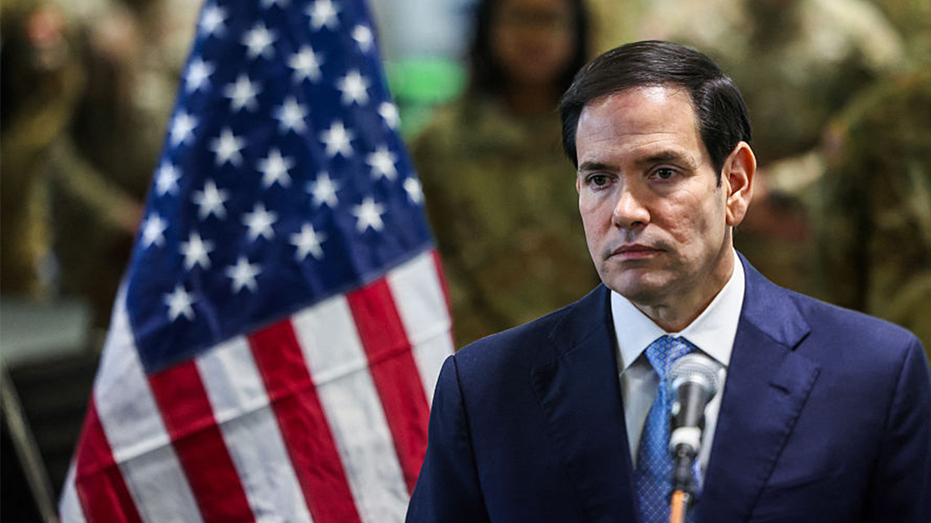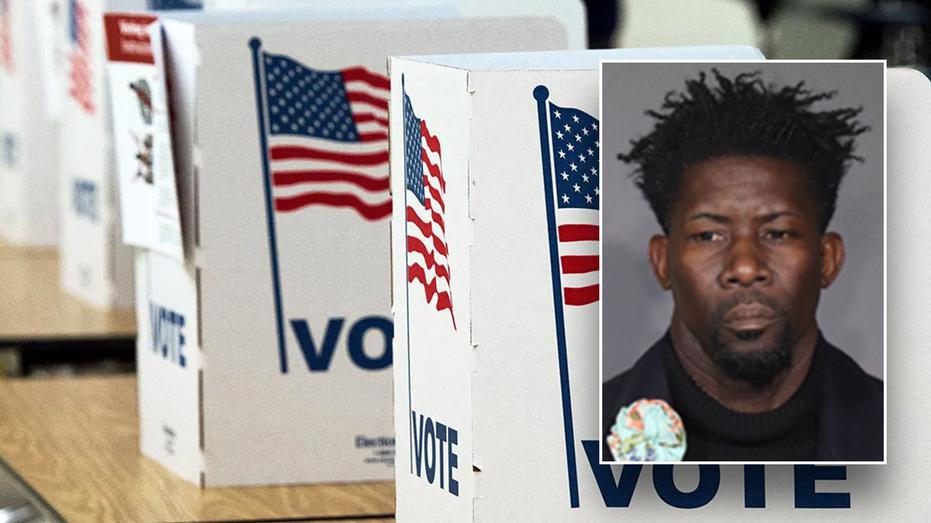A shadow of doubt has fallen over a potential peace framework for Ukraine, ignited by conflicting accounts of its origin. Lawmakers in Washington found themselves grappling with a startling claim: that a proposed deal wasn’t crafted by the United States, but delivered *from* Russia.
The confusion began when members of Congress reported being informed by White House officials that the plan originated as a Russian proposal. Senator Mike Rounds recounted being told directly that the document wasn’t a U.S. recommendation or peace plan, but simply a received proposal passed along as an intermediary.
Senator Angus King revealed a more direct assertion – that Secretary of State Marco Rubio explicitly stated the proposal was a “wish list of the Russians,” not a product of the administration’s own strategy. This sparked a swift and firm rebuttal from Rubio himself.
Rubio countered the narrative with a resolute statement, declaring the peace proposal was, in fact, “authored by the U.S.” He emphasized it represented a robust foundation for negotiations, shaped by input from both Russia and Ukraine, a delicate balancing act to find common ground.
Senator Rounds followed with a statement acknowledging Rubio’s briefing, highlighting the effort to leverage input from both sides in pursuit of a final agreement. The White House, however, remained silent when pressed for comment.
The urgency of the situation is underscored by Rubio’s recent trip to Geneva, alongside Army Secretary Dan Driscoll, to directly address Ukrainian officials’ concerns regarding the proposed terms. The meeting aims to navigate Kyiv’s reservations and secure their buy-in.
Former President Donald Trump publicly criticized Ukraine’s approach to the talks, adding another layer of complexity to the already fraught negotiations. His statement signaled a growing impatience with the pace and direction of the discussions.
While the full agreement remains confidential, leaked drafts reveal potentially significant concessions. These include a ceasefire coupled with Russian control over Ukrainian territory currently beyond its grasp, and a permanent bar on Ukraine’s potential NATO membership – terms that could fundamentally alter the geopolitical landscape.
President Volodymyr Zelenskyy, while not outright rejecting the plan, stressed the importance of equitable treatment for Ukraine. He acknowledged the gravity of the moment, vowing to proceed with “calm” deliberation alongside Washington and its allies during what he described as a historically challenging period.
The situation remains fluid, a delicate dance between diplomacy and deeply entrenched positions. The fate of Ukraine, and perhaps the future of European security, hangs in the balance as negotiators attempt to bridge the chasm between conflicting interests and forge a path toward a lasting peace.






